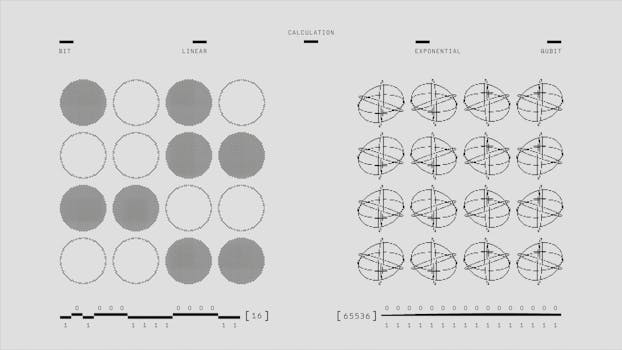
Quantum Mechanics and its Implications for Reality
Quantum Mechanics and its Implications for Reality are complex and fascinating topics that have been studied and debated by physicists and philosophers for decades. At its core, quantum mechanics is a branch of physics that seeks to understand the behavior of matter and energy at the smallest scales, from atoms and subatomic particles to the entire universe itself.
Introduction to Quantum Mechanics

Quantum mechanics is based on the principles of wave-particle duality, uncertainty, and the probabilistic nature of physical phenomena. According to these principles, particles such as electrons and photons can exhibit both wave-like and particle-like behavior, and their properties are defined by probabilities rather than definite values.
Key Principles of Quantum Mechanics

The key principles of quantum mechanics include:
- Wave-particle duality: The ability of particles to exhibit both wave-like and particle-like behavior.
- Uncertainty principle: The idea that certain properties of particles, such as position and momentum, cannot be precisely known at the same time.
- Probabilistic nature of physical phenomena: The idea that physical events are governed by probabilities rather than definite outcomes.
Implications of Quantum Mechanics for Reality

The implications of quantum mechanics for reality are far-reaching and profound. Some of the most significant implications include:
- The nature of reality: Quantum mechanics suggests that reality is fundamentally probabilistic and uncertain, and that the act of observation itself can influence the behavior of particles and systems.
- The role of observation: The fact that observation can influence the behavior of particles and systems has significant implications for our understanding of the nature of reality and the role of the observer.
- The concept of entanglement: Quantum mechanics also introduces the concept of entanglement, which suggests that particles can become connected in such a way that the state of one particle is instantly affected by the state of the other, regardless of the distance between them.
Applications of Quantum Mechanics

Quantum mechanics has many practical applications in fields such as:
- Quantum computing: The development of computers that use quantum-mechanical phenomena, such as superposition and entanglement, to perform calculations and operations.
- Quantum cryptography: The use of quantum mechanics to create secure communication systems that are resistant to eavesdropping and interception.
- Quantum simulation: The use of quantum mechanics to simulate the behavior of complex systems, such as molecules and chemical reactions.
Conclusion

In conclusion, quantum mechanics and its implications for reality are complex and fascinating topics that continue to be studied and debated by physicists and philosophers. The principles and theories of quantum mechanics have significant implications for our understanding of the nature of reality, the role of observation, and the concept of entanglement. As our understanding of quantum mechanics continues to evolve, we can expect to see new and innovative applications in fields such as quantum computing, quantum cryptography, and quantum simulation.






